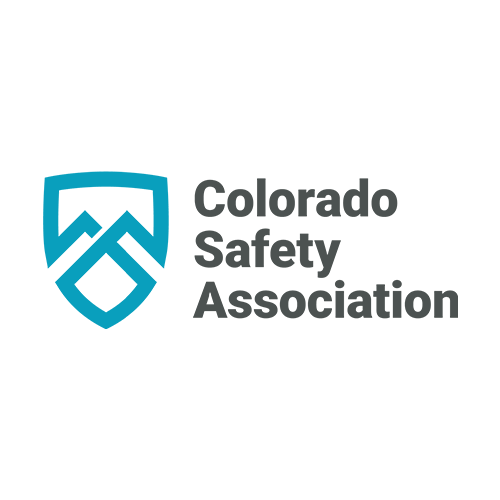
WE ENCOURAGE PASSENGERS TO SPEAK UP!


NATIONAL PASSENGER SAFETY WEEK IS JANUARY 19 - 26, 2026
U. S. Roadway deaths continue at an alarming rate. People are still driving recklessly. Drunk, drugged, and distracted driving are on the rise. Just telling people to drive safely isn’t enough. We need to do more. We can do more! Passengers need to play a more active role in their own safety and that of others.
That is why We Save Lives and the National Road Safety Foundation launched The National Passenger Safety Campaign, bringing together 60+ other organizations that believe that it’s time to focus on the passenger, and not just the driver. The goal is to promote safe driving practices and prevent unsafe ones by empowering passengers to SPEAK UP when their lives are in danger due to a reckless driver.
In 2023, the National Highway Traffic Safety Association (NHTSA) added the campaign to their national calendar. National Passenger Safety Week is now an ongoing event in January every year.
Passengers can make a difference.

ONE COURAGEOUS VOICE CAN CHANGE A DEADLY CHOICE!


Statistics show...
40,901
How many motor-vehicle traffic fatalities in the U.S. in 2023 according to NHTSA.
Of those fatalities, “passenger vehicle occupants” (i.e., occupants of passenger cars, light trucks/SUVs, vans, minivans) numbered 24,238 in 2023.
That means passenger-vehicle occupants accounted for roughly 59% of all traffic fatalities in 2023.
62%
The most recent statistic from National Highway Traffic Safety Administration (NHTSA) regarding teenage passenger deaths riding with teen drivers.
In 2023, among the 604 fatalities of passengers of teen drivers (ages 15-18), 377 (≈ 62 %) were other teens riding with another teen driver.
24%
According to NHTSA’s most recent data (2023): 24% of passenger-vehicle occupant fatalities were passengers.
NHTSA reports 23,959 passenger-vehicle occupants killed in 2023; 18,101 of those were drivers and the remainder (about 5,858) were passengers which equals ~24%.
23,959
Occupants of passenger vehicles (cars, SUVs, vans, pickups) were killed in motor vehicle traffic crashes in 2023.
CrashStats
In 2023, nearly 50% of those passenger-vehicle occupants killed were unrestrained (i.e., not wearing a seat-belt) among those for whom seat-belt use was known.
nhtsa.gov

SIGN THE PLEDGE
If you're riding in a vehicle and you don't feel safe because the driver may be:
-
Texting/using their cell phone when driving
-
Under the influence of alcohol or drugs
-
Driving too fast
-
Tailgating
-
Is driving while tired
SPEAK UP! It's not just your life at stake, but the life of the driver and other folks on the road.
OUR PARTNERS

WANT TO BECOME A PARTNER FOR PASSENGER SAFETY?
Fill out the form and someone from the team will get back to you shortly!


























